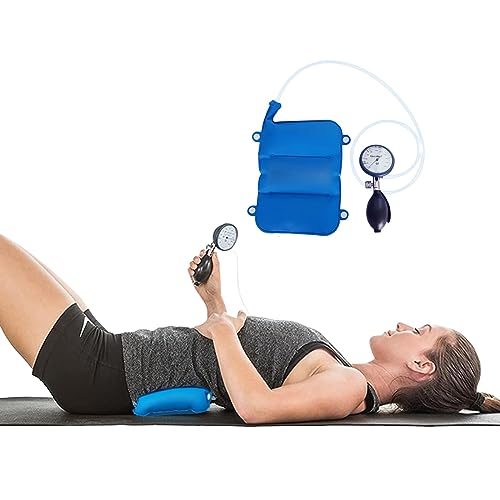Biofeedback devices are state-of-the-art tools designed to help individuals improve their health by providing real-time data on bodily functions. Eager to unravel more? Let’s plunge into this exciting world of biofeedback devices together!
Key Takeaways
- Science affirms the positive impact of biofeedback devices in various health conditions.
- Several medical conditions can be positively influenced using biofeedback devices.
- Evaluating potential benefits and risks is vital before using biofeedback devices.
What Does Science Say About Biofeedback Devices?
Exploring the empirical stance on biofeedback devices, it’s crucial to acknowledge the myriad of scientific studies reinforcing their efficacy 1. Don’t just take our word for it! Instead, let’s navigate through the wealth of information available, ensuring we present an unbiased and scientifically-backed overview.
From technological aspects to practical applications, the scientific community has made significant strides in studying biofeedback devices. Assessing their effectiveness and limitations is critical in shaping an informed outlook on their usage. Whether it is for generalized health improvement or targeted treatment interventions, biofeedback devices come under the scientific radar, subject to analysis and scrutiny.
Medical Conditions Biofeedback Devices are Used For
Elucidating the diverse range of medical conditions where biofeedback devices find utility, let’s look at it from a broad perspective. Biofeedback devices aren’t one size fits all; instead, they can assist in managing a variety of health issues. From chronic pain to migraines, from tension headaches to hypertension – the applicability is expansive.
Also, mental health conditions like anxiety and stress can be considerably mitigated using these devices. To get a better understanding of their full potential, and if these devices are suitable for you, follow this link. It’s important to gain comprehensive knowledge before making any related decisions.
Factors to Consider Before Buying a Biofeedback Device
If you’re contemplating purchasing a biofeedback device, we’ve prepared valuable insights on essential factors you should consider. Navigating the world of biofeedback devices isn’t a straightforward task. The device’s certifications, manufacturers’ ratings, and the reputation of providers significantly influence your choice.
Pricing and feature comparison between different models are also important aspects. Therefore, investing time in research is essential to find a device that suits you best and provides the most accurate results.
Conclusion
Wrapping up our exploration into biofeedback devices, we emphasize the importance of making choices based on solid evidence. We hope that the scientific insights, potential benefits, risks, and practical aspects we’ve provided will aid your evaluation of biofeedback devices’ effectiveness. Stay informed and choose wisely for your health!
Disclosure: Some of the links in this article may be affiliate links, which can provide compensation to me at no cost to you if you decide to purchase. This will help grow this site and help more people. Thank you for making a difference!
| Chronic Pain | Manage and reduce pain through biofeedback therapy |
|---|---|
| Migraines | Decrease the frequency and intensity of migraine headaches |
| Hypertension | Lower blood pressure levels with biofeedback interventions |
| Anxiety | Helps in reducing anxiety levels through relaxation techniques |




